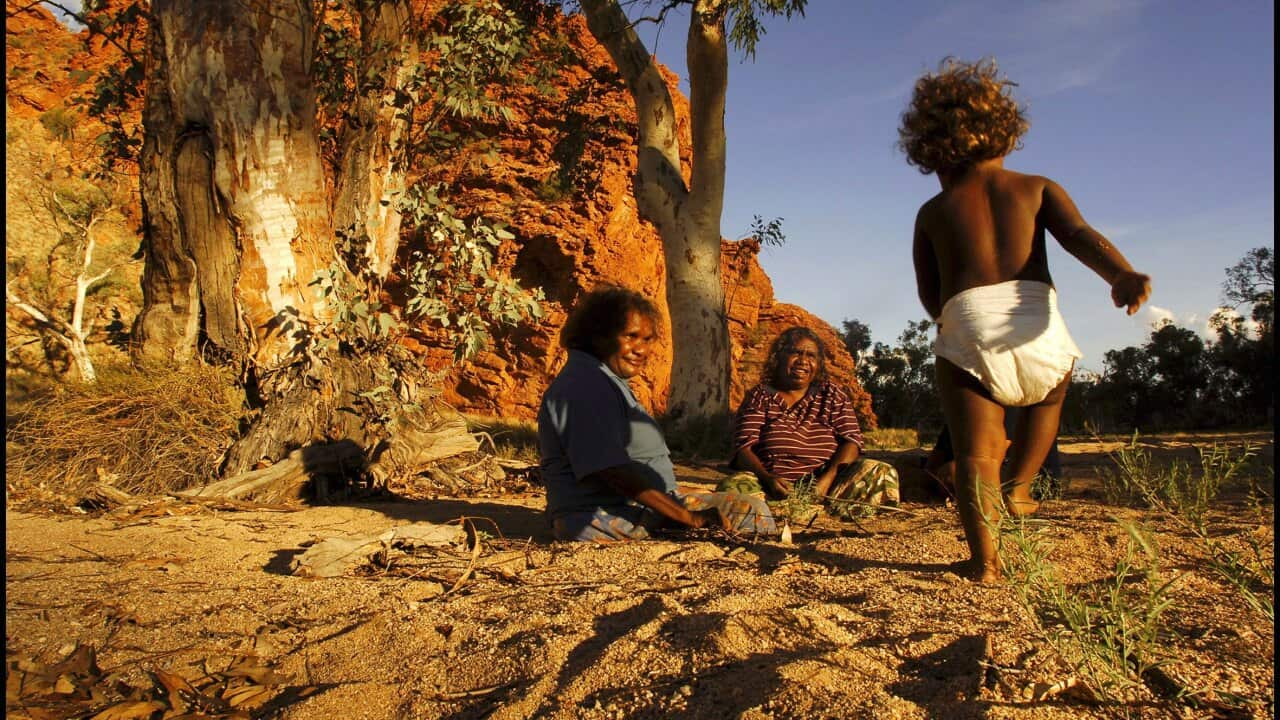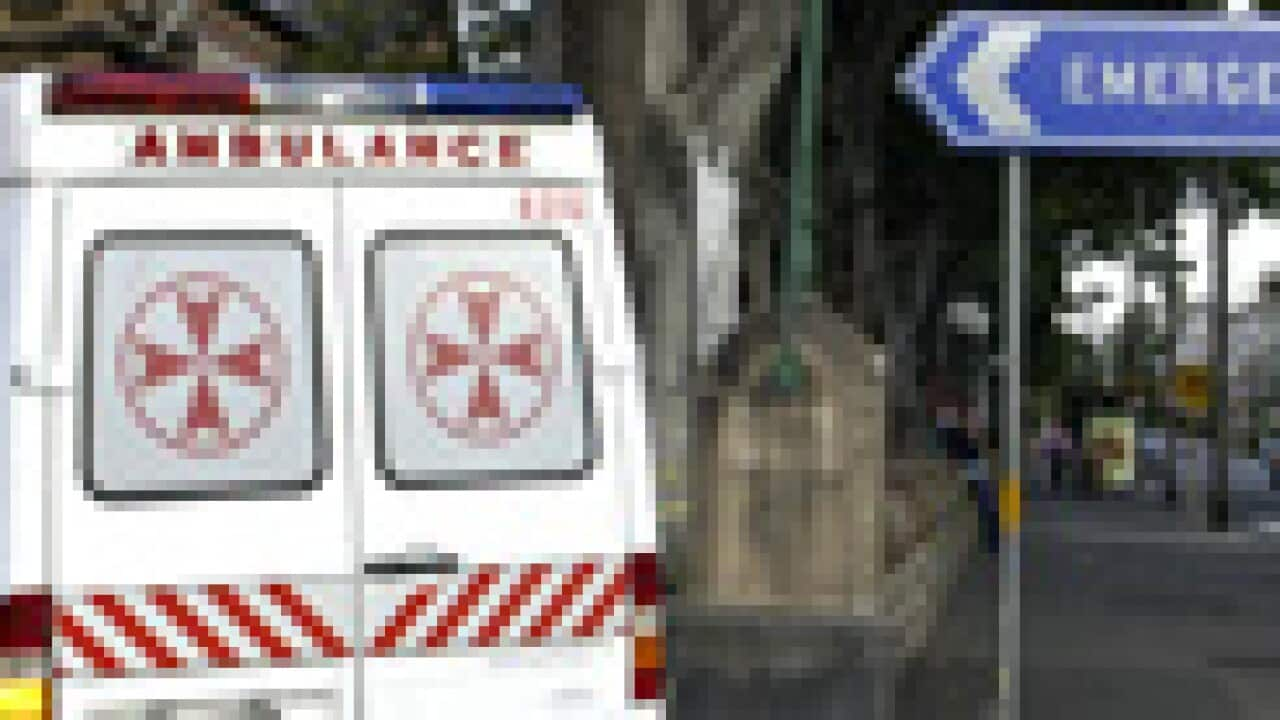The University of Queensland study, published in the Medical Journal of Australia, also found that Indigenous children were twice as likely to die from these infections than non-Indigenous kids.
"It actually fits in with what we experience, sadly, daily in the ICU here," says lead researcher Luregn Schlapbach, a paediatric intensivist at the Lady Cilento Children's Hospital.
"Every week we get children from Indigenous communities, which are very sick.
"As much as we have access to fantastic ICU support in Australia, if we get children to ICU in a state where they’re so severely ill, sometimes despite everything we do we can’t save the child."
The study analysed data from more than 80,000 children, including 4864 Aboriginal and Torres Strait Islander children, admitted to ICU across each mainland state capital between 2002 - 2013.
It focused on the most severe infections, including sepsis, pneumonia and meningitis.
"Our study highlights an important area of inequality in health care for Indigenous children that requires urgent attention," the report concludes. Associate Professor Schlapbach says maternal education and vaccinations are key to recognising and treating infections before they become severe.
Associate Professor Schlapbach says maternal education and vaccinations are key to recognising and treating infections before they become severe.

Associate Professor Luregn Schlapbach led the study. Source: Supplied
Though the study didn't examine what's driving the gap for Indigenous children, he says socio-economic disadvantage is a likely factor.
"We know from other studies that socio-economic differences are closely associated with health outcomes," he says.
Romlie Mokak, CEO of the Lowitja Institute, told the ABC he hoped Australia's first Aboriginal federal minister, Ken Wyatt, would take steps to address such heath inequality in remote and urban communities.
"We hold great promise in having our first Indigenous minister in Ken Wyatt, being responsible for Indigenous health," Mr Mokak said.
"We would hope that Ken, with the support from the leadership of Aboriginal organisations across the country, can really give this persistent issue of inequity a really good go over the next term."
A spokesperson for Mr Wyatt said while the child mortality gap had narrowed by over 30 per cent since 2015, there was more work to be done.
"We are seeing progress on key health indicators, such as life expectancy and mortality rates," they said.
"However, progress needs to be faster and we acknowledge that all levels of government – Federal, State and Territory – have more to do to close the gap."
The spokesperson said Mr Wyatt was working with community leaders to implement the National Aboriginal and Torres Strait Islander Health Plan, investing heavily in maternal health.
Share



